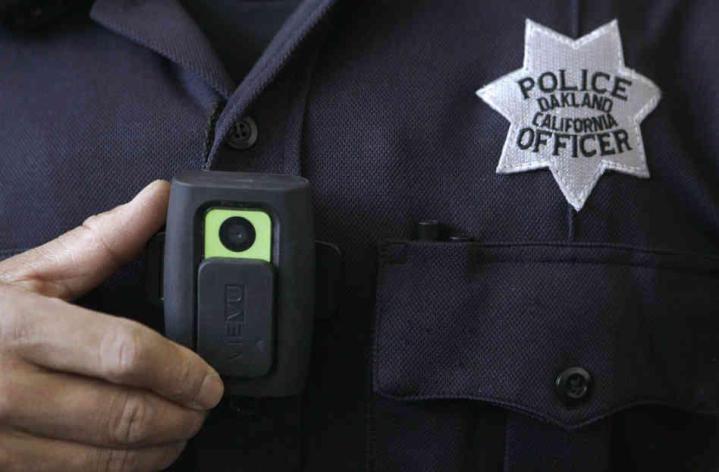
The $75 million allocated to body cameras would be a part of a three-year, $263-million spending package that includes the expansion of law enforcement training and additional resources, according to MSNBC. No details were announced regarding which company’s body cameras would be purchased or which police departments would receive them, but MSNBC reports that the allocation would “match local police force purchases of cameras at 50 percent” and “better implement federally funded police equipment while training officers on how to properly use it.”
While Obama’s initiative may be in response to the events of Ferguson (as well as other similar recent incidents of police killing unarmed citizens), law enforcement agencies across the country have already begun using cameras to record police activities. Several police departments have implemented body cameras as part of uniforms or are in a trial process of doing so. The officers in Rialto, California have all been fitted with body cameras since February 2012 and the Rialto Police Department has seen citizen complaints reduced by 88 percent in its first year of use (the Rialto PD is often highlighted as the poster child for effective use of body cameras in law enforcement). The New York Police Department became the largest police department to employ body cameras in a pilot program for 50 officers that started this past September. And camera maker Vievu, which makes cameras specifically for enforcement purposes, has provided cameras for the Fairfield Police Department (Connecticut), Novato Police Department (California), and the NYPD, in conjunction with fellow body camera maker Taser.
Explaining how police body cameras work, Vievu told Digital Trends that its units can be turned on and off remotely by the officers; the duration of the camera usage, as well as where and when video recording starts, is determinant on the specific police department’s policy. The footage is stored on their secure file management system, Veripatrol, and cannot be deleted or altered without expressed administrative permission for redaction. Vievu says the Veripatrol system logs every person who has accessed the footage and when, in order to provide added transparency. As of November 14, Vievu partnered with Microsoft to create a government brand version of their Azure cloud service for public safety.


